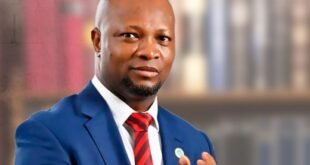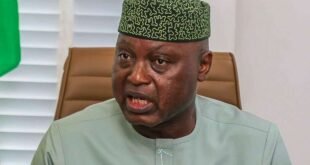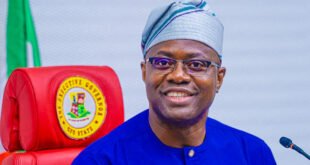In the world where the professional title forms public perception, now is the time to review the long debate: should everyone be handled as “Dr.”? While tradition allows the title for anyone with the title of PhD, EDD, or the same, the reality is that most people associate the term “doctor” with those who are trained to treat diseases and save lives. The difference is very important, especially in public arrangements where clarity is important. This is not a matter of prestige – this is a matter of public understanding.
I say this as someone in the track to get a PhD title. I respect academic discipline, night research at night, and intellectual stiffness needed to reach that level. But even with all these efforts, PhD does not prepare someone to do CPR or give birth to children. The title “doctor” in daily imagination means a medical professional – and perception deserves to be respected.
Many academics, both in the US and globally, secretly refuse “Dr.” prefix in daily use. They prefer to use the suffix “PhD” or just introduce themselves to their fields or functions. This small action maintains professional honesty and avoids unnecessary confusion. In the time when wrong information spread quickly, accuracy and even the smallest label is more important than before.
Joseph Epstein once argued on the Wall Street Journal that refers to the holder of the non-medical degree as a “doctor” can feel, at most, the worst comedy, misleading. He suggested that the title of honor, EDD, and even traditional PhDs did not bring functional authority or public expectations implied by the title “Doctor”. His comments triggered controversy, but the core concern remains valid: the line between honor and function has run away, and the public is left to guess.
In society like Nigeria, where the title carries a very large social weight and is sometimes given without academic rigidity, the problem becomes more layered. If a traditional ruler, an entertainer with an honorary doctorate, and a medical surgeon all carry the same title, how do we maintain his value? When we apply the same prefix throughout the extensive spectrum, we are at risk of leveling serious achievements to arrogance. The title must inform – not confusing.
This is not about the pride of the gate academic. This is about protecting public trust. PhD is an academic crown, but should not be misinterpreted as a medical license. Recognizing the difference is not disrespectful – intellectual integrity.
When I receive a PhD title, I will be proud of it. But I will not introduce myself as “Dr.” In daily arrangements, unless clarity demands it. Sufix PhD will be enough – a calm nod for academic trips, without stepping into other professional positions. By doing that, I will respect academics and doctors.
Don’t let the convention rule out communication. Let’s use the title that reflects the services we provide, not just the status we get. And in that spirit, let’s start a clearer and more honest global conversation about what it means is called “doctor.”
Author: Abidemi Adebamiwa
The article published in our graffiti section is the opinion of the writers and does not represent Nigerian ripple views or the editorial booths.
Join the conversation
Supports Nigeria’s ripples, resistant Journalism Solutions
A balanced and fearful journalism that is driven by data comes with enormous financial costs.
As a media platform, we ask for leadership accountability and will not trade the right to suppress freedom and freedom of speech for a piece of cake.
If you like what we do, and ready to uphold journalism solutions, friendly Nigerian ripples cause.
Your support will help ensure that residents and institutions continue to have free access to credible and reliable information for community development.
Donation now
 JamzNG Latest News, Gist, Entertainment in Nigeria
JamzNG Latest News, Gist, Entertainment in Nigeria










